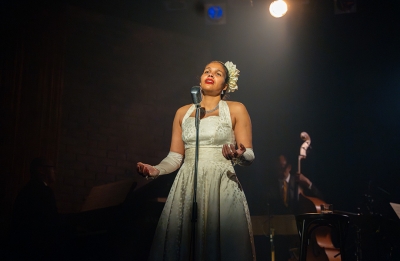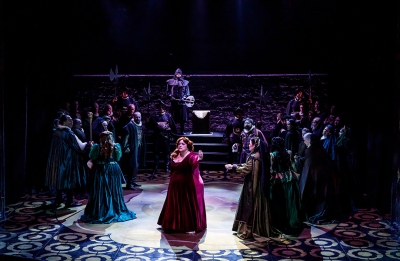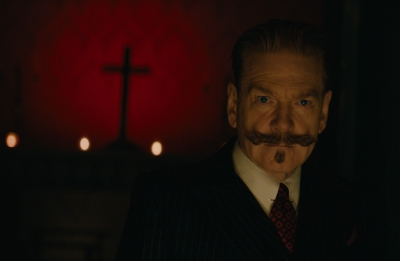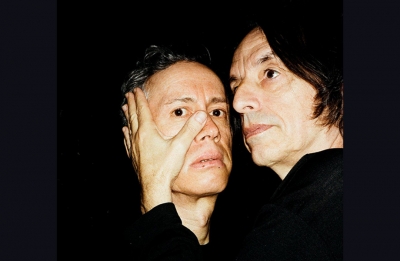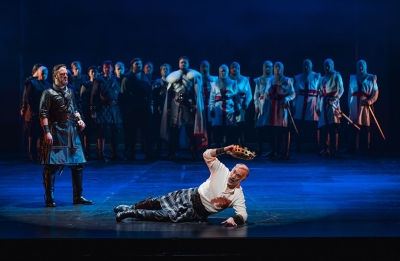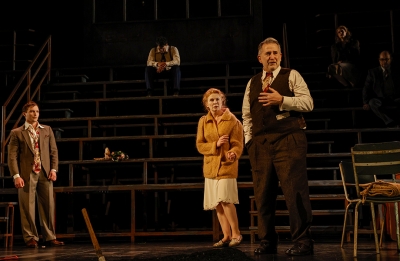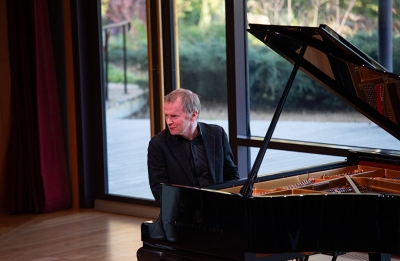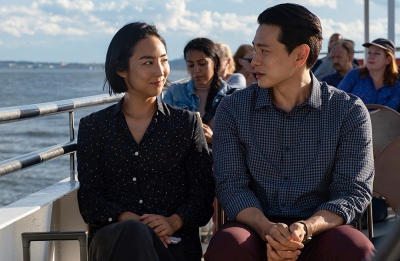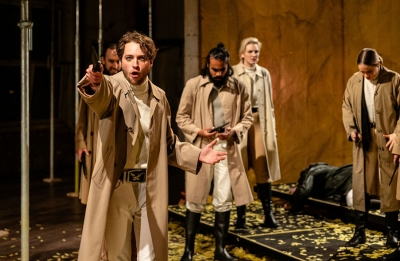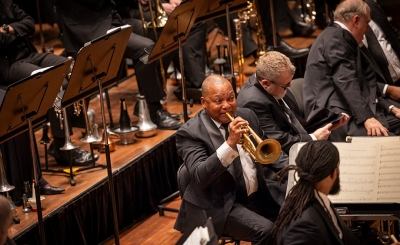Recent reviews
Film | Theatre | Art | Opera | Music | Television | Festivals
Welcome to ABR Arts, home to some of Australia's best arts journalism. We review film, theatre, opera, music, television, art exhibitions – and more. To read ABR Arts articles in full, subscribe to ABR or take out an ABR Arts subscription. Both packages give full access to our arts reviews the moment they are published online and to our extensive arts archive.
Meanwhile, the ABR Arts e-newsletter, published every second Tuesday, will keep you up-to-date as to our recent arts reviews.
Recent reviews
What makes the physical and mental disintegration of famous performers so compulsively fascinating to so many people? The breakdown of a talented artist, usually female, brought down by her insecurities and the betrayal and abandonment of those close to her, usually male, is a trope that is endlessly trotted out to and repeatedly lapped up by audiences.
... (read more)The fecundity of Gaetano Donizetti in the 1830s – when he was in his thirties – was exceptional, even during those rampant years for Italian opera. His successes were frequent: Anna Bolena (1830), L’elisir d’amore (1832), Lucrezia Borgia (1833), Maria Stuarda (1834), and Lucia di Lammermoor (1835), perhaps his finest achievement. Donizetti, who wrote about seventy operas in all before his mental collapse in 1846, was the nimblest of composers. Between L’elisir and Lucrezia, for instance, came four operas, all rarities today.
... (read more)In 1920, the figure of Hercule Poirot arrived, fully formed – from the top of his egg-shaped head to the tip of his toes – when Agatha Christie published her first detective novel, The Mysterious Affair at Styles. She introduced her detective in the words of an admiring narrator who was to function as a kind of Dr Watson to her Great Detective. Poirot, we are told ‘was an extraordinary looking little man, hardly more than five feet four inches, but he carried himself with great dignity’.
... (read more)The French-Romanian playwright Eugène Ionesco’s ambivalent attitude towards the power, even the usefulness, of language played out throughout his career. Speaking of Jean-Paul Sartre, Ionesco (1909–94) said that he ‘wrote an important book called Words and there he noticed that he had talked too much all his life. That words are not saying anything.’ Later, Ionesco claimed ‘[w]ords no longer demonstrate anything. Words just chatter. Words are escapism. Words prevent the utterance of silence.’
... (read more)During his five years as artistic director of State Opera South Australia, Stuart Maunder steered the company out of bleak times to some moments of genuine glory with a number of theatrically strong if mostly smaller productions. Among them, Sweeney Todd and Turn of the Screw stood out for their psychological realism, but he will also be remembered for having revived Richard Meale’s Voss in a highly successful semi-staged version in 2022.
... (read more)In his survey of the notebook Arthur Miller kept while writing Death of a Salesman, John Lahr, in Arthur Miller: American witness (2022), relates that early in its composition Miller considered calling the play ‘The Inside of His Head’. Correspondingly, Miller envisioned the stage ‘designed in the shape of a head, with the action taking place inside it’.
... (read more)To say that Steven Osborne is one of the more uncompromisingly personal artists out there sounds like the kind of praise that is obligatorily handed to any performer who truly belongs to the top tier. But in the case of this Scottish pianist, his playing can be so individual that one has to enquire into the distinctiveness of his art in order to fully appreciate it.
... (read more)Some tropes in the film business are entirely divorced from the contents of any given film. One of these, oft-repeated, concerns the bright young débutante who is lavished with praise. In this narrative, the first-time director emerges from the soil in full bloom. They have made a competent movie, perhaps even a good one – though certainly not the epochal effort the adulation would have you believe.
... (read more)In many ways, William Shakespeare’s Julius Caesar (almost certainly 1599) is a director’s rather than an actor’s play. While there have been brilliant performances associated with it – from Marlon Brando and John Gielgud to Ben Whishaw and our own Robyn Nevin – it is really the directors who make sense of it on stage, and have moulded its politics to suit the times. John Philip Kemble and William Charles Macready defined the play in the nineteenth century, with elaborately realistic sets and massive crowds, emphasising Brutus as a revolutionary figure.
... (read more)When Wynton Marsalis’s début album appeared on CBS Records in 1982, with its moody, pensive black and white cover portrait of the then twenty-year-old trumpeter, few could have predicted where his career was headed. Sure, he had performed Haydn’s Trumpet Concerto with the New Orleans Philharmonic at fourteen, and further honed his craft in the trumpet chair of Art Blakey’s Jazz Messengers.
... (read more)

